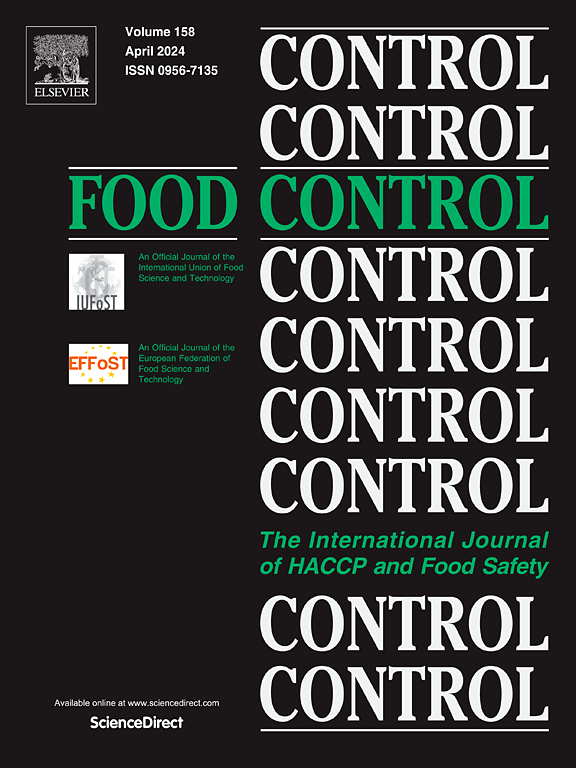Role of artificial intelligence in halal authentication and traceability: A concurrent review
IF 5.6
1区 农林科学
Q1 FOOD SCIENCE & TECHNOLOGY
引用次数: 0
Abstract
The convergence of artificial intelligence (AI) and the halal food industry represents a significant and transformative intersection, driven by the need to ensure the authenticity, safety, and compliance of halal food products in an increasingly complex global market. This review paper examines the applications, implications, and impact of AI technologies within the halal food sector. AI technologies, including machine learning, computer vision, natural language processing, and blockchain, are explored in the context of their contributions to addressing key challenges and opportunities. These technologies play a vital role in enhancing quality control, supply chain transparency, and consumer trust, and they offer solutions for the certification and monitoring of halal compliance. It further delves into examining how AI contributes to ensuring halal compliance, enhancing quality control, improving supply chain transparency, and fortifying consumer trust.
人工智能在清真认证和可追溯性中的作用:同期综述
人工智能(AI)与清真食品行业的融合是一个重要的变革性交叉点,其驱动力是在日益复杂的全球市场中确保清真食品的真实性、安全性和合规性。本文探讨了人工智能技术在清真食品行业的应用、意义和影响。本文探讨了人工智能技术,包括机器学习、计算机视觉、自然语言处理和区块链,以及这些技术在应对关键挑战和机遇方面的贡献。这些技术在加强质量控制、供应链透明度和消费者信任方面发挥着重要作用,并为清真食品合规性的认证和监控提供了解决方案。报告还进一步探讨了人工智能如何有助于确保清真食品合规、加强质量控制、提高供应链透明度和增强消费者信任。
本文章由计算机程序翻译,如有差异,请以英文原文为准。
求助全文
约1分钟内获得全文
求助全文
来源期刊

Food Control
工程技术-食品科技
CiteScore
12.20
自引率
6.70%
发文量
758
审稿时长
33 days
期刊介绍:
Food Control is an international journal that provides essential information for those involved in food safety and process control.
Food Control covers the below areas that relate to food process control or to food safety of human foods:
• Microbial food safety and antimicrobial systems
• Mycotoxins
• Hazard analysis, HACCP and food safety objectives
• Risk assessment, including microbial and chemical hazards
• Quality assurance
• Good manufacturing practices
• Food process systems design and control
• Food Packaging technology and materials in contact with foods
• Rapid methods of analysis and detection, including sensor technology
• Codes of practice, legislation and international harmonization
• Consumer issues
• Education, training and research needs.
The scope of Food Control is comprehensive and includes original research papers, authoritative reviews, short communications, comment articles that report on new developments in food control, and position papers.
 求助内容:
求助内容: 应助结果提醒方式:
应助结果提醒方式:


